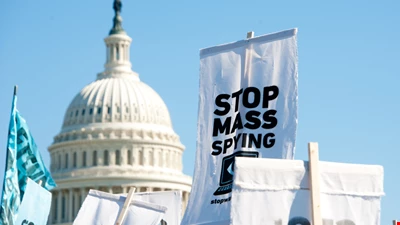Martin McKeay is Akamai’s Editorial Director, leading the team that creates the State of the Internet / Security report. With over 20+ years of security experience, Martin has held a wide variety of roles that give him a broad view of security issues. This allows he and his team to create a report that researches and publishes on a wide variety of security topics, from DDoS, to application attacks, credential abuse and API attacks. He has been, and sometimes still is, a blogger, a podcaster, a videographer, and has a long running presence on Twitter (@mckeay). His career started at help desk, evolving through a variety of roles, including QSA, a transgression he is still making amends for.

Martin McKeay
Editorial Director, Akamai



